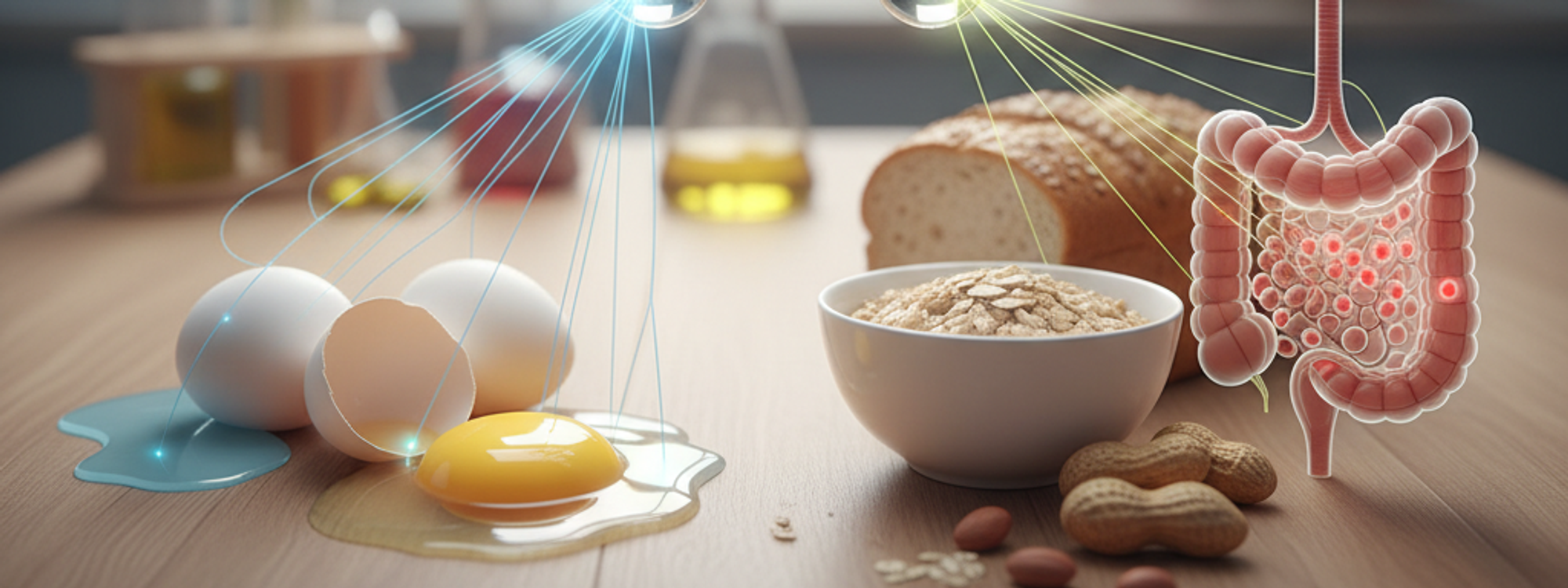
Avidin is a protein, commonly found in the egg whites of certain animal species, that has a remarkable affinity for a specific vitamin, and its properties can significantly influence our dietary habits.
Avidin is a tetrameric glycoprotein, meaning it is composed of four identical subunits, classifying it as a homotetramer. This protein is primarily produced in the oviducts of specific animal species, such as birds, reptiles, and amphibians, and is deposited in the egg whites, also known as albumen.
The name 'Avidin' stems from the Latin word 'avidus,' meaning eager or greedy. This name is fitting, given the protein's exceptional affinity for a particular vitamin - B8, also known as biotin or vitamin H.
Each subunit of avidin contains a specific binding site for biotin (Vitamin B8), to which it attaches with exceptional strength. When avidin binds to biotin, it forms a stable complex that the human intestine cannot easily absorb, reducing the bioavailability of this vitamin.
Although the interaction between avidin and biotin is non-covalent, it is extraordinarily strong. The dissociation constant (KD) is approximately 10⁻¹⁵ M, indicating one of the tightest known biological bindings. The bond forms rapidly and is considered functionally irreversible under physiological conditions.
Avidin’s ability to bind four molecules of biotin—one per subunit—combined with the remarkable stability of the avidin–biotin complex, has made this system highly valuable in immunohistochemistry, biochemical assays, and in vivo targeting of solid tumors.
The antivitamin properties of avidin are neutralized through cooking. This is why it is generally recommended to consume cooked eggs rather than raw ones. Additionally, the proteins in raw egg whites are not easily digestible, due to the antitrypsin action of ovomucoid, further emphasizing the importance of cooking.
Avidin constitutes approximately 0.05% of the total protein fraction of chicken egg whites, with each egg providing about 190 mg of avidin. As for its biological function, it is hypothesized that the animals producing avidin in their oviducts do so to inhibit bacterial growth by depriving these microorganisms of the biotin necessary for their development.